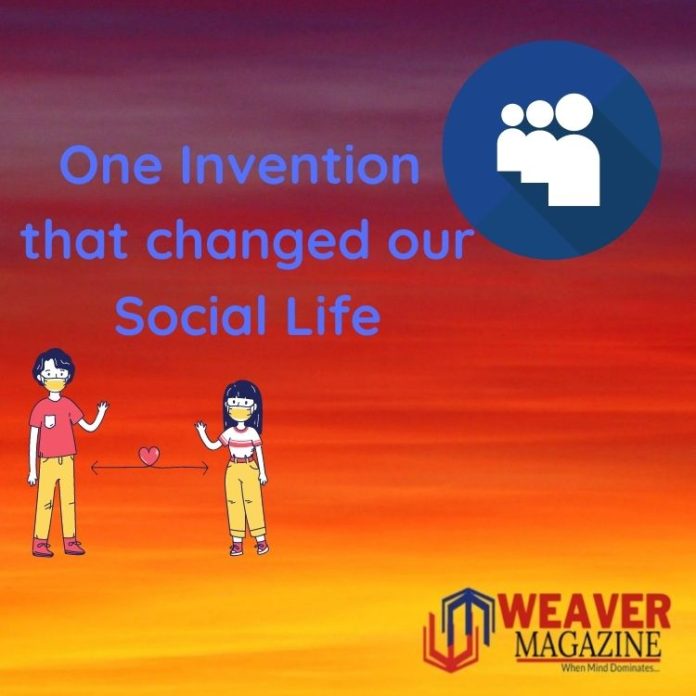While we would expect the technology to become bigger and more flexible, it is impossible for us to appreciate the invention of the Internet in one person. The Internet was the work of many pioneering scientists, programmers, and engineers who each developed new features and technologies that eventually became the “highway of knowledge” we know today.
Long before the advent of technology to build the Internet, many scientists were expecting the existence of world-wide information networks. Nikola Tesla played on the idea of a “wireless system of the world” in the early 1900s, and thinkers such as Paul Otlet and Vanesvar Bush conceived through electronic, searchable literature and media programs in the 1930s and 1940s.
However, the first active online system would not have arrived in the early 1960s, when MIT’s J.C.R. Licklider expanded the concept of “Intergalactic Network” computers. Shortly thereafter, computer scientists developed the concept of “packet exchange,” which is a way of successfully transmitting electronic data that would later become one of the major components of the Internet.
On October 29, 1969, ARPAnet sent its first message: a “node-to-node” connection from one computer to another. The message— “LOGIN” – was short and simple, but it still crashed into a new ARPA network: The Stanford computer only received the first two letters of note.
Advantages of the Internet:
1) Details on almost every topic you can think of.
2) A great free study tool.
3) Powerful search engines
4) Ability to do research in local libraries by comparison.
5) Details at different levels of study. Everything from scholarly articles to those aimed at children.
6) Message boards where people can discuss ideas on any topic. The ability to access different ideas. People can find others who have similar interests in whatever they like.
7) The Internet empowers emails. Free postal service for anyone in the country.
8) A product platform like SKYPE, which allows you to host a video conference with anyone in the world who can access it.
9) Friendship and love connections have been made online by people who share the same love/love.
10) Things like Yahoo Answers and other sites where kids can find help easily available for homework.
Internet Evil:
1) There is a lot of inaccurate information on the internet. Anyone can post anything, and most of you are trash.
2) There are predators hanging from the internet waiting to find unexpected people in dangerous situations.
3) Some people become addicted to the Internet and thus create problems with their communication with friends and loved ones.
4) Pornography can very easily get into the hands of young children nowadays.
5) It is easy to spend a lot of time online. You can start surfing, and see that it’s much longer than you noticed. The Internet and television together are embedded in people’s lives that continue to exacerbate the problem of obesity.
6) The Internet has many “cheating” sites. People can buy essays and transfer them as their own much easier than ever.
7) There are many unscrupulous businesses that have come out of the internet to benefit people.
8) Hackers can create viruses that can invade your computer and corrupt important information.
9) Hackers can use the internet to steal an identity.
10) It can be very stressful to be online and realize how so many uneducated people have become in today’s society.
Comparison of Pre and Post Internet Scenario:
Profile:
Pre-Internet: Presentation of something in an outline or a quick sketch.
Post-internet: Personal information, photos, user statistics, social media timeline, etc., What a person does and associates with a username or online account.
The virus:
Previous Internet: Related or caused by an epidemic.
Post-internet: The hottest quite fast-paced broadcasting from one person to a special, especially the web.
Text:
Pre-internet: A book or other document.
Post-internet: To Text a message.
Mark:
Pre-Internet: Offer a specified mark or price to stay as an add-on.
Post-internet: Linking to someone else’s profile in a social media post, photo or update status.
Swipe:
Previous Internet: criticism or insults directed at a personal or group.
Post-internet: Moving fingers on touch screen.
Block:
Pre-Internet: The prioritization of something, sort of a road so as that folks or things cannot pass.
Post-internet: preventing someone from touching you on a social network such as Twitter, or viewing your profile.
Like:
Pre-Internet: Readiness or compliance.
Post-internet: To indicate an individual’s interest, agreement, or interest within the content of a web site, especially on social media.
Follow:
Pre-internet: Going or following behind or behind someone or something; pursuit in an attempt to hunt out.
Post-internet: subscribing to someone else’s updates on social media.
Conclusion of the Internet:
The Internet is one of the most innovative in human history. The number of things you can do over the internet is astounding. An excellent tool for learning and communicating with the click of a mouse. Its unrestricted discovery, however, creates empathy for young people who cannot reach it. The Internet can expose these young minds to unintentional videos or images that can create various mental influences; Excessive use of the computer can also lead to a variety of physical and psychological problems.
By Sahil Kungwani












